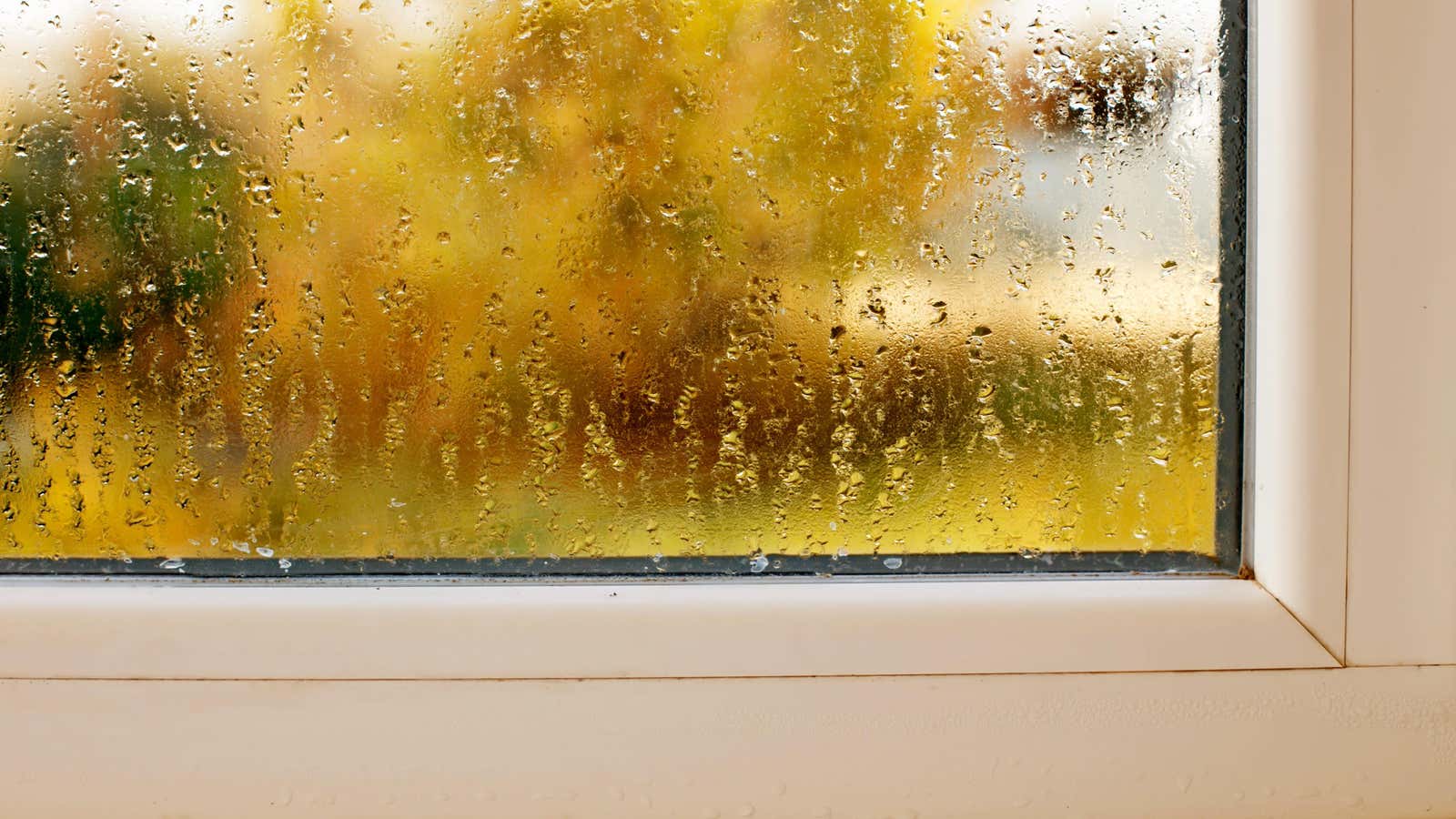How to Find the Ideal Humidity Level for Your Home (and Why It Matters)

When it comes to the temperature inside your home, you probably have a good idea of how warm or cool you need to be to feel comfortable, and based on your energy costs, what you can afford. But what about the humidity level in your home? Your thermostat may indicate what it is, but ideally what should it be?
Here’s what you need to know about the ideal humidity level in your home and why it’s important.
What is the ideal indoor humidity level?
According to the Environmental Protection Agency (EPA), indoor humidity should be kept below 60%, ideally between 30% and 50%. The reason indoor humidity should be below 60% is because anything higher can encourage mold growth in your home.
Even if the house has not been flooded, humid air can contain enough moisture for mold to develop, which in turn can cause or activate respiratory illnesses in family members. Also, dust mites thrive in high humidity, so this is bad news for anyone with allergies. Pests such as cockroaches are also lovers of high humidity.
Signs that the humidity level in your home is too high or too low
In addition to watching the humidity level displayed on your thermostat, there are other signs that it may be getting too high or too low.
Signs of high indoor humidity
If you notice any of the following in your home, humidity levels may be higher than recommended :
- Condensation on windows in winter
- Condensation on uninsulated air conditioner ducts
- Excessive mold on various bathroom surfaces
- Mold in closets, basement, kitchen and/or bathrooms
- Peeling, cracking or blistering paint
- Wood furniture or flooring that has expanded or bent
Signs of low indoor humidity
If you notice any of the following in your home, indoor humidity levels may be too low :
- Static in your hair
- Sparks fly when you touch someone or something in winter
- Your throat is often dry
- Dry, itchy eyes and skin
- cracking wooden furniture
Why Indoor Humidity Matters
As these signs show, the level of humidity in your home is important because it affects everything from your skin to your furniture. Investing in a humidifier or dehumidifier isn’t just about making it more comfortable: think of it as essential care for your home and your health.